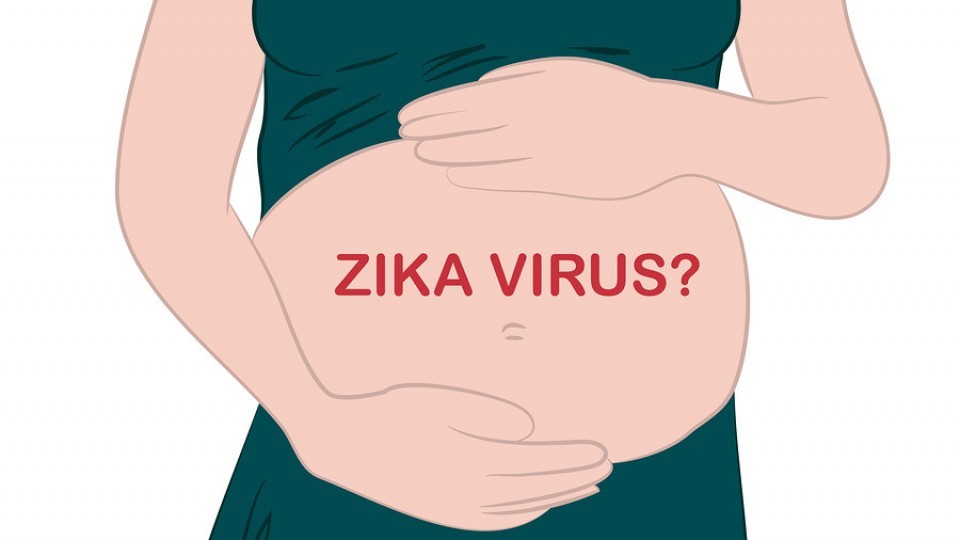Can I Get the Zika Virus in Ohio?

Transmission in Ohio doubtful but care still required
Cleveland recently came in number 18 in the Orkin pest control company’s latest rankings of the 50 worst U.S. cities for mosquitoes, ranking higher than many cities in Florida, North and South Carolina, Louisiana, Alabama and Georgia. While normally this just means more annoying, itchy bites in the summer months, this ranking is more alarming given the recent focus on the Zika virus and its potential to cause serious birth defects and severe brain defects.
What is the Zika virus, and where has it been?
Historically, concerns over the Zika virus have been restricted to Africa, Southeast Asia and islands in the Pacific Ocean, where the bite of a tropical mosquito called Aedes aegypti can spread the virus to humans. In May 2015, however, the virus began appearing in the northeast of Brazil, thus making its way into the Western Hemisphere for the first time. The virus has since spread through much of the Caribbean, Central America and South America. On August 1, 2016, the CDC announced that there have been as many as 15 people infected with Zika in southern Florida.
Before this recent announcement, there were approximately 1,600 cases of Zika virus reported in the U.S., but those cases all appear to have involved people who either were infected while traveling abroad or who had sexual contact with someone else infected with the virus.
The Zika virus causes no symptoms in 80% of those infected; the other 20% experience mild symptoms, including fever, rash, joint pain or conjunctivitis (red eyes) and possibly muscle pain and headache. The virus rarely requires hospitalization.
Most recent headlines regarding the Zika virus are due to its potential to cause microcephaly, which can result in babies with abnormally small heads and brains. The World Health Organization reports nearly 5,000 babies born with microcephaly in Brazil, the epicenter of the Zika outbreak.
What does the Zika virus mean for those living in Ohio?
While we may have more mosquitoes in the Cleveland area than in other parts of the state or the country, the Aedes aegypti mosquito cannot survive this far north, though a related mosquito in Ohio (the Asian tiger mosquito, Aedes albopictus) potentially could transmit the Zika virus. According to health officials, unless they travel to an affected country, or a higher risk area within our country, there is very little chance Ohio residents will catch Zika, given that 99% of the mosquitoes found in the state cannot carry or transmit the virus.
What does the Zika virus mean for pregnant (or soon-to-be pregnant) women in Ohio?
While the chances of you contacting the Zika virus in Ohio is small, it still should be on your mind, especially when you visit your obstetrician. Your doctor should ask about your travels and the travel patterns of your partner. Your doctor needs to know if there is a heightened chance of microcephaly. This birth defect causes abnormally small skulls and incomplete brain development.
There currently is no vaccine against the Zika virus. NIH began a vaccine trial on Aug 2, 2016, but if you are pregnant or thinking about getting pregnant, the best course of action is to avoid exposure to mosquitoes that can carry the virus. Easier said then done, I know. But there are steps you can take to decrease your chance of contracting Zika.
Reducing the risk of a Zika infection
The easiest and most obvious prevention is not to travel to areas known to have mosquitoes with Zika virus. So, for now, postpone your trip to Brazil and Miami. But if you have to go, then help prevent the spread of the disease within the US. Here’s how.
Preventing U.S. mosquitoes from transmitting the virus depends on keeping them from feasting on those who do travel where there is a risk of infection and suspect a Zika virus infection upon their return. These individuals should limit exposure to mosquitoes for a week after the onset of symptoms, so they don’t infect native mosquitoes, which can then transmit the virus to others.
Because such a large percentage of infected individuals experience no symptoms, officials recommend those returning from a Zika-affected area use repellents and avoid mosquito exposure for at least three weeks after their return.
In particular, the CDC recommends that all travelers to Zika-affected areas:
-
Wear a long-sleeved shirt and long pants
- Stay inside with air conditioning
- Ensure windows and doors have screens to keep mosquitoes from coming inside
-
Sleep under mosquito netting if outside
-
Use EPA registered insect repellents and:
- Follow all instructions on product label
- Reapply repellent frequently as instructed
- Spray insect repellent over clothing, not underneath
- Apply sunscreen before insect repellent
- Treat clothing and gear with permethrin or purchase permethrin-treated clothing and other items.
Cleveland’s leading medical malpractice attorneys fight against birth defects
Zika is just one possible cause of microcephaly. And microcephaly is just one of many causes of brain injury in a newborn. At The Eisen Law Firm, our medical malpractice lawyers have decades of experience fighting for Ohio families whose children are born with brain injuries, whether due to infections, prescription drugs, exposure to toxic substances, or from improper medical care during pregnancy, labor, or delivery. Contact us today for a free consultation at 216-687-0900 or contact us online.
Reference
http://www.usatoday.com/story/news/2016/08/03/nih-launches-zika-vaccine-trial/87996086/




